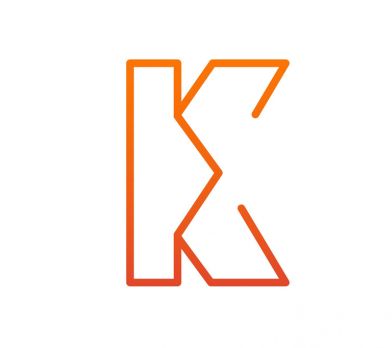Machine learning models are only as good as the data they learn from, making the quality of data labeling a pivotal factor in determining model reliability and effectiveness. This blog post explores the concept of consensus-based labeling and its crucial role in enhancing trust in machine learning by reducing labeling errors, mitigating bias, and resolving ambiguity.
Why Consensus Matters in Data Labeling
In the development of machine learning models, the accuracy of data labels directly influences the model's performance. Labels serve as the foundational truth that models use to learn and make predictions. However, the process of labeling can be fraught with challenges, including human error, subjective interpretations, and inherent biases. This is where consensus-based labeling comes into play.
1. Reducing Labeling Errors
Labeling errors can stem from various sources, such as misinterpretation of data or simple human error. By employing a consensus-based approach, where multiple annotators label the same data point and a consensus is required to finalize the label, the likelihood of individual errors affecting the final data is significantly reduced. This method leverages the collective accuracy of the group, smoothing over individual mistakes.
2. Mitigating Bias
Bias in labeling can skew a model's learning process, leading to biased predictions. Consensus-based labeling helps address this issue by incorporating diverse perspectives in the labeling process. When labels are assigned based on the agreement of annotators from different backgrounds, the risk of individual biases influencing the labels is diminished, promoting a more balanced and representative dataset.
3. Resolving Ambiguity
Data can often be ambiguous, and different annotators might interpret it in various ways based on their backgrounds or expertise. Consensus-based labeling requires that annotators discuss and reconcile their different views, leading to a more accurate understanding and representation of the data. This process ensures that the model is trained on data that has been thoroughly vetted and agreed upon, enhancing its ability to deal with real-world complexities.
Implementation of Consensus-Based Labeling
Implementing a consensus-based labeling approach involves several steps and considerations:
- Selection of Annotators: It's crucial to choose a diverse group of annotators who can bring varied perspectives to the data.
- Defining Consensus Rules: Establishing clear guidelines on what constitutes a consensus among annotators is essential. This might include a simple majority rule or more complex criteria depending on the project's needs.
- Quality Control: Continuous monitoring and assessment of the labeling process help maintain high standards and identify any areas for improvement.
- Technology Support: Utilizing technological tools can facilitate the consensus-based labeling process, making it more efficient and scalable. Tools like collaborative annotation platforms enable real-time discussion and agreement among annotators.
In summary, consensus-based labeling is more than just a technique to improve data accuracy; it's a step towards more ethical and reliable machine learning practices. By ensuring that data labels are accurate, unbiased, and representative of diverse interpretations, machine learning models can become more trustworthy and effective. As the field of machine learning continues to evolve, embracing methodologies that enhance data integrity is essential for building systems that are not only powerful but also responsible and fair.
High-quality Data Labeling Services at Kotwel
At Kotwel, we recognize the value of high-quality data labeling to ensure machine learning models perform effectively and fairly. Our services are designed to provide you with accurate and reliable data, achieved through the strength of consensus-based labeling.
Visit our website to learn more about our services and how we can support your innovative AI projects.
Kotwel is a reliable data service provider, offering custom AI solutions and high-quality AI training data for companies worldwide. Data services at Kotwel include data collection, data labeling (data annotation) and data validation that help get more out of your algorithms by generating, labeling and validating unique and high-quality training data, specifically tailored to your needs.
Frequently Asked Questions
You might be interested in:
The tranquil fields and sprawling farmlands that have sustained humanity for centuries are undergoing a radical transformation. Enter the era of the digital farm, where cutting-edge technology and artificial intelligence (AI) converge to revolutionize the agricultural landscape like never before. In this article, we […]
Read MoreIn the dynamic world of artificial intelligence (AI), facial recognition has emerged as a revolutionary technology, empowering diverse industries to reimagine the possibilities. From securing our devices to enhancing personalized experiences, facial video collection stands as a cornerstone of technological advancement. As the demand […]
Read MoreImagine a world where cars effortlessly navigate through bustling city streets and serene countryside roads, all without a human hand on the wheel. Thanks to groundbreaking advancements in technology, this once-fantastical vision is becoming a reality. Autonomous vehicles are poised to revolutionize transportation, but […]
Read More




